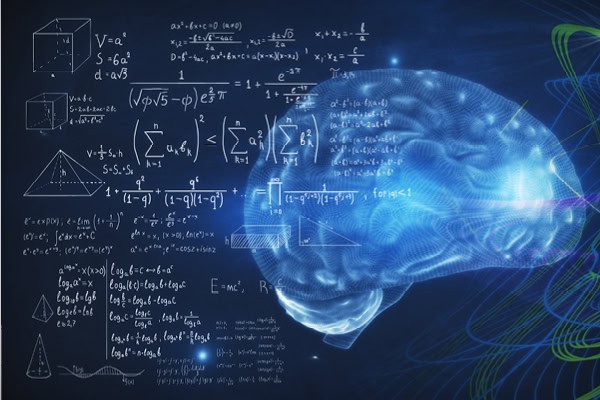Many students today are struggling with math. Discouraging and stagnant national scores have district leaders seeking a solution that goes to the heart of the issue: How do students best learn math skills?
The answer may lie in research-based approaches that leverage neuroscience to align math instruction with how the brain naturally processes information, according to an eSchool News webinar.
“How can we teach better?” is a great question, but there’s a fundamentally better question: “How do we learn?” says Nigel Nisbet, VP of content creation at MIND Education.
Research separate from the webinar content indicates individual differences in math abilities are not solely due to the functioning of one specific brain region but more about how different brain regions work together. By considering the whole brain network, targeted interventions can be developed that support individuals with different math abilities.
According to a Google AI review of information, here are ways neuroscience is being used to improve math skills:
Brain Stimulation: Electrical stimulation of specific brain regions, like the frontal lobe, has been shown to improve mathematical performance, particularly in individuals who initially struggled with math.
Cognitive Training: Training focused on improving cognitive functions like working memory and attention can indirectly enhance math skills. By strengthening these cognitive processes, individuals may become more adept at solving mathematical problems.
Understanding Neural Networks: Research into the brain areas involved in math, such as the intraparietal sulcus and prefrontal cortex, helps identify how the brain processes mathematical concepts and makes connections between different brain regions.
Personalized Learning: Neuroscience provides a foundation for developing personalized learning strategies, adapting teaching methods to suit individual brain processing styles and learning preferences.
Mindset and Math Anxiety: Neuroscience highlights the impact of mindset on learning. A positive mindset towards math and reduced math anxiety can positively influence brain activity and improve math performance.
Neuroplasticity: The brain’s ability to adapt and change with practice (neuroplasticity) is a key principle in learning math. Consistent practice and engagement with math strengthens neural pathways, leading to improved skills.
eSchool News





